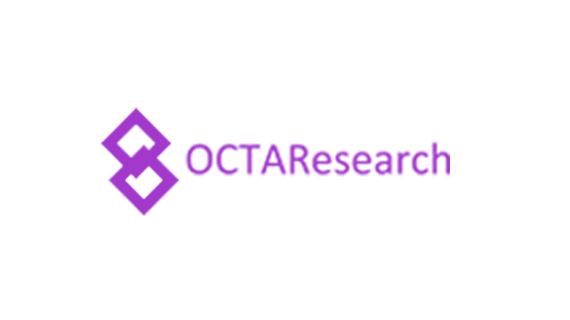If the objective of the House inquiry is to stop OCTA from doing more Covid-19 research, then who can the people rely on?
THE OCTA Research Group of the University of the Philippines—by using accurate mathematical computations, extrapolations and projections—had been giving the proper forecast on the behavior of coronavirus to serve as a guide for the inter- agency task force to manage emerging infectious diseases (IATF), the government’s policy- making body for Covid-19 responses.
Yet, the IATF and some officials of the Department of Health had been taking wrong cues and interpretation of the OCTA findings, doubting the premises and procedures used by Octa in coming up with its conclusions.
Thus, even the House of Representatives, which is now conducting an inquiry into Octa because of the latter’s vast digressions from the daily Covid tallies of the DoH, is practically questioning the integrity of the research body.
OCTA defends self
At the hearing of the House, OCTA fellow Guido David said his group has a margin of error of only five percent and their projections are 100 percent accurate. This is why even media completely trust whatever OCTA says.
“The level of error we’re seeing is only five percent. And we have validated it with studies that it’s five percent (margin of) error,” David told congressmen at the House committee on good government and public accountability.
“Our projections and our models have 100 percent surge detection accuracy. The important matter is our models predicted a surge, and it happened. We only projected a surge three times and it all happened,” David stressed.
During the hearing, congressmen questioned the accuracy of data from OCTA.
“We have not gotten anything from them and people are in desperate need of some assurance but what they release is not 100 percent accurate,” claimed Deputy Speaker Lito Atienza as he proposed to the House to stop the group from releasing its report and projections to the public which tend to only create panic.
“I’m urging my colleagues, let us bar this OCTA from making any pronouncement,” he suggested.
Deputy Minority Leader Stella Quimbo, for her part, said the margin of error of OCTA’s data could be more than five percent.
Quimbo presented a data sheet listing OCTA’s projections in contrast with the Department of Health (DOH)’s data since June last year, which showed that the margin of error reached as high as 79 percent.
She specifically cited the data last March when OCTA projected that the Philippines would log 5,000 to 6,000 daily COVID-19 cases by the end of the same month.
But the country would later log an average of 8,971 daily infections in the said period or a variance of 79.4 percent.
Quimbo, a former econometrician, said that while the group had projections that were under the five percent margin of error, it had at least six projections that were over that margin.
“This is a big variance in the margin of error,” the economist-lawmaker pointed out.
Data from DoH
OCTA founder Ranjit Rye, an assistant professor of political science at the University of the Philippines, also explained to lawmakers that their data “largely come from the DOH.”
“We like to reiterate we are an independent scientific group, not a medical group and one of our research objectives – our agenda is to do data analytics for Covid-19 so we get our data solely from official source which is the Department of Health,” he pointed out.
Rye also clarified that they first submit their data and projections to the Inter-Agency Task Force for the Management of Emerging Infectious Diseases (IATF) before they release it publicly.
Self-funded
The congressmen also questioned the source of funding of the independent research group.
Rye stressed that OCTA is “self-funded” and never received funding from the government, adding that they started the research group as an “advocacy” and only started to accept commissioned work to sustain it.
“As of now, OCTA is self-funded – (with) funds that we generated along with other fellows. We are now starting our public opinion research work, and slowly – hopefully – it will pick up and generate some more funds (with which) to continue our advocacy. If that will not work, then we will close down the research – that part,” he told lawmakers.
“The initial survey we had was out of pocket, but (for) the succeeding surveys we had some subscribers like any fledgling public opinion research. Our non-commissioned survey still holds. We still have seed funds for that for at least two surveys. We already prepared that. We don’t know if we’re going to have another one,” Rye added.
Why shoot the messenger?
If the objective of the House inquiry is to stop OCTA from doing more Covid-19 research, then who can the people rely on?
The DoH has been under -reporting and misleading the people about active cases, of infections, deaths and other statistics to make it appear like it had real grasp of realities.
But it also depends on reports submitted to it by hospitals, testing centers and perhaps even quarantine facilities. But what about people who just want to keep the virus to themselves, those that self-confine and those in self-denial.
Are the lawmakers in the House afraid to know the bitter and scary reality of Covid-19 until it strikes their homes and families and friends?
Tags: #datagathering, #Covid19, #OCTAResearch, #DepartmentofHealth, #HouseofRepresentatives
